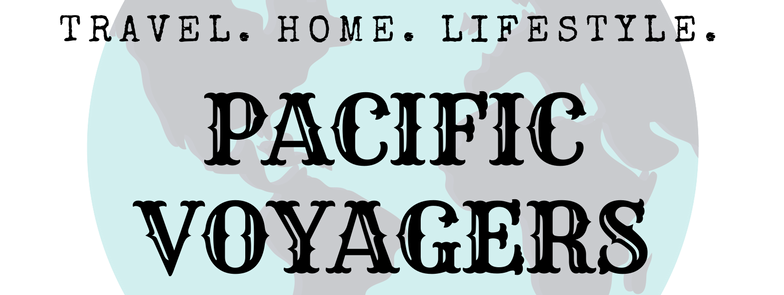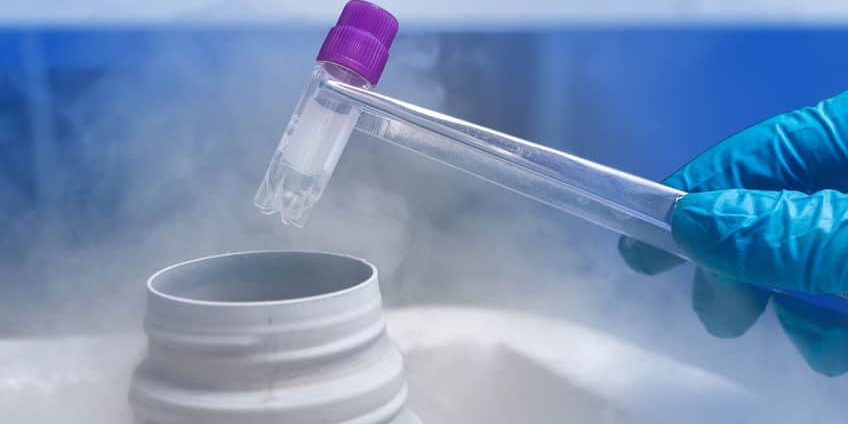If you’re researching egg freezing and are overwhelmed by the amount of information available, you’re in the correct place. Don’t be concerned! With these key facts about this potentially life-changing medical treatment, we’ll help you organize your thoughts. You should also consider contacting a Fertility clinic. Now that we’ve caught up, let’s get started.
Quality matters when it comes to egg freezing
Why? Not all of the eggs you freeze will be viable – consider both quality and quantity in this situation. How many eggs survive the thawing process and can be successfully fertilized is determined by how old you were when you froze them (more on this later), as well as how many are healthy and viable once they come out of storage. Fertility also varies over time, so if you store your eggs at the age of 25 and utilize them when you’re 35, you’ll have to deal with pregnancy and childbirth after that.
There is no exact age at which to freeze your eggs; however, there are better ones
According to the American Society for Reproductive Medicine (ASRM), freezing your eggs at an early age – in one’s 20s and early 30s, when you have a larger ovarian reserve (the number of eggs in one’s ovaries) and better quality eggs – is best. If you’ve been trying to conceive for a lengthy period of time without success, egg freezing may provide you with hope. It’s best to speak with your doctor about it so that they can determine whether egg freezing is suitable for you given the state of your ovarian reserve and any potential health risks associated with age (including hormone-related diseases).
The egg retrieval procedure might be rather unpleasant.
There’s a lot to consider before the eggs are actually frozen, including what you can expect when it comes to pain and discomfort. You’ll have blood drawn first to check your ovarian reserve and screen for communicable diseases. You might also undergo an ultrasound to determine whether your ovaries are functioning properly. Then you’ll take synthetic hormones that stimulate your ovaries to form a cohort of follicles (the fluid-filled sacs that house and protect your eggs) as well as medicine to prevent you from ovulating before egg retrieval (also known as “egg harvesting”).
There can be side effects
On the other side of every coin, no two people’s bodies are alike (write this down and keep it handy). After egg freezing, everyone’s bodies are different; nevertheless, experiencing any of the following symptoms is entirely normal and will go away with time. You might want to plan time off for the day of egg retrieval, but you’ll likely be able to return to work and resume typical activities within a week following the procedure. It’s critical not to make significant life changes right after retrieval (besides freezing your eggs). As a heads-up, it’s possible to get pregnant as a result of the procedure since there may be some eggs remaining that didn’t get extracted, so keep away from unprotected sex with a partner who has sperm.
You’re not alone in your questions and concerns about egg freezing or any other aspects of reproductive health.







 We are all about travel and lifestyle over here at Pacific Voyagers. I’m Jen and this is my blog, although you will see a lot of posts written by my blogging dream team on topics like travel, life, beauty, home, budgeting and much more.
We are all about travel and lifestyle over here at Pacific Voyagers. I’m Jen and this is my blog, although you will see a lot of posts written by my blogging dream team on topics like travel, life, beauty, home, budgeting and much more.




